FRG 1970 | Director, screenplay, editing: Gisela Tuchtenhagen, Maurice Taszman | Camera: Gisela Tuchtenhagen | Collaboration: Christina Perincioli, Gust Verschueren, Alfio Franchi, et al. / Unitelefilm | Production: Norddeutscher Rundfunk (NDR), Westdeutscher Rundfunk (WDR) | b/w | DCP | 45 min | DF | NDR One Gate
"New tasks are emerging for filmmakers on behalf of the labour movement" – this early work by Gisela Tuchtenhagen, Wochenschau 4, was produced as a collective effort within the highly politicised DFFB (German Film and Television Academy, Berlin). It not only documents the "Hot Autumn"– the strike movement in Italy in 1969/1970 – but is itself a contribution to the "campaign for counter-information" to reporting on middle-class radio and television.
The film shows a spirit of optimism – trade union organising, factory occupations, demonstrations – and displays opposition to the Cassa per il Mezzogiorno and the distribution of public funds to large companies, Italian television broadcaster RAI ("Television is a public institution, so it should be available to us – or at least to us too") [KA1], and NATO – which is described as a good deal for American President Nixon at the expense of the working class. "Peace is revolutionary," and film was recognised at the time as a weapon. This is a memorable historical document, with excerpts from agitprop films by Ugo Gregoretti (CONTRATTO / CONTRACT, IT 1970) and Giuseppe Ferrara (LA NATO. IL NEMICO IN CASA / NATO. THE ENEMY IN OUR HOUSE, IT 1968). (Borjana Gaković)
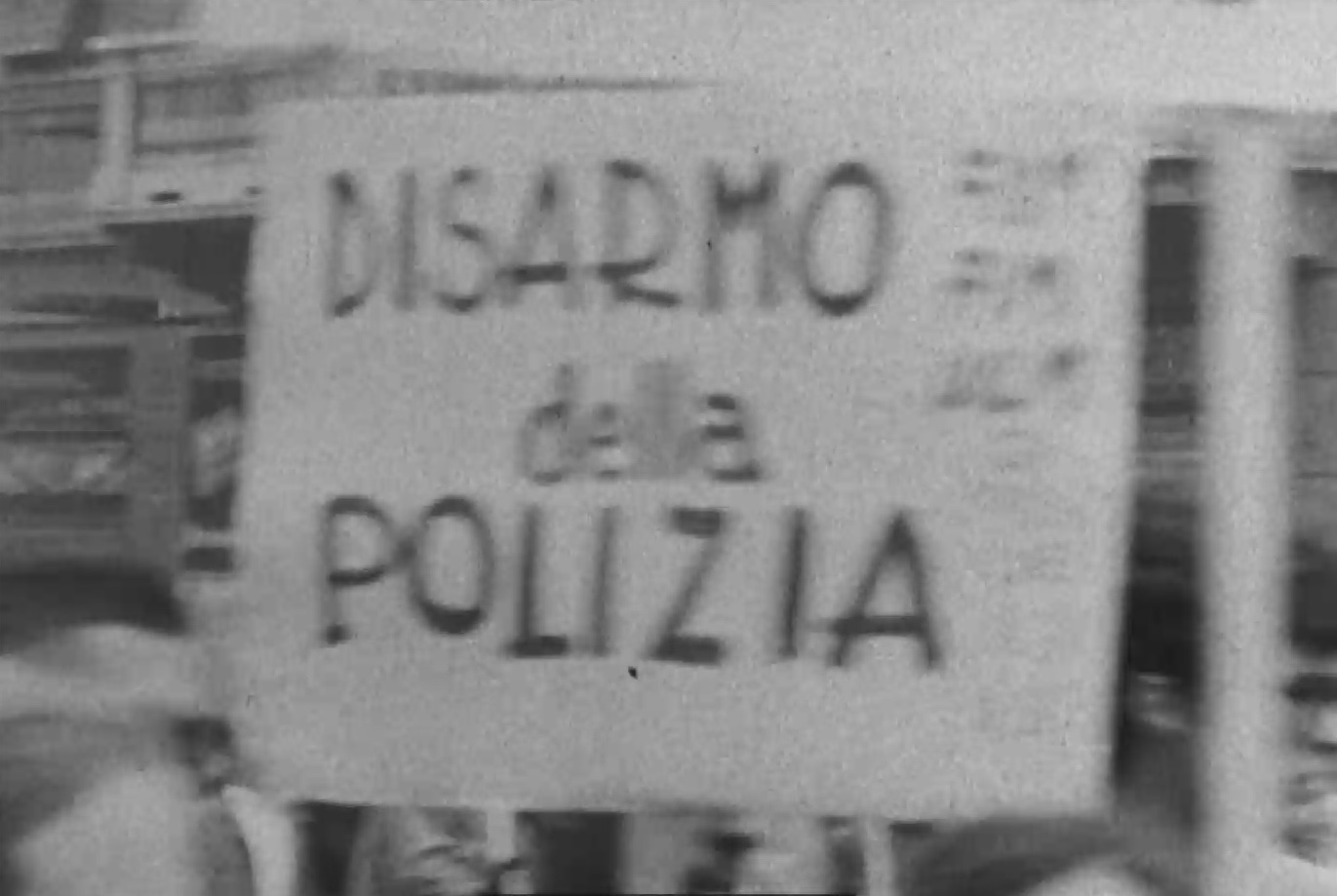
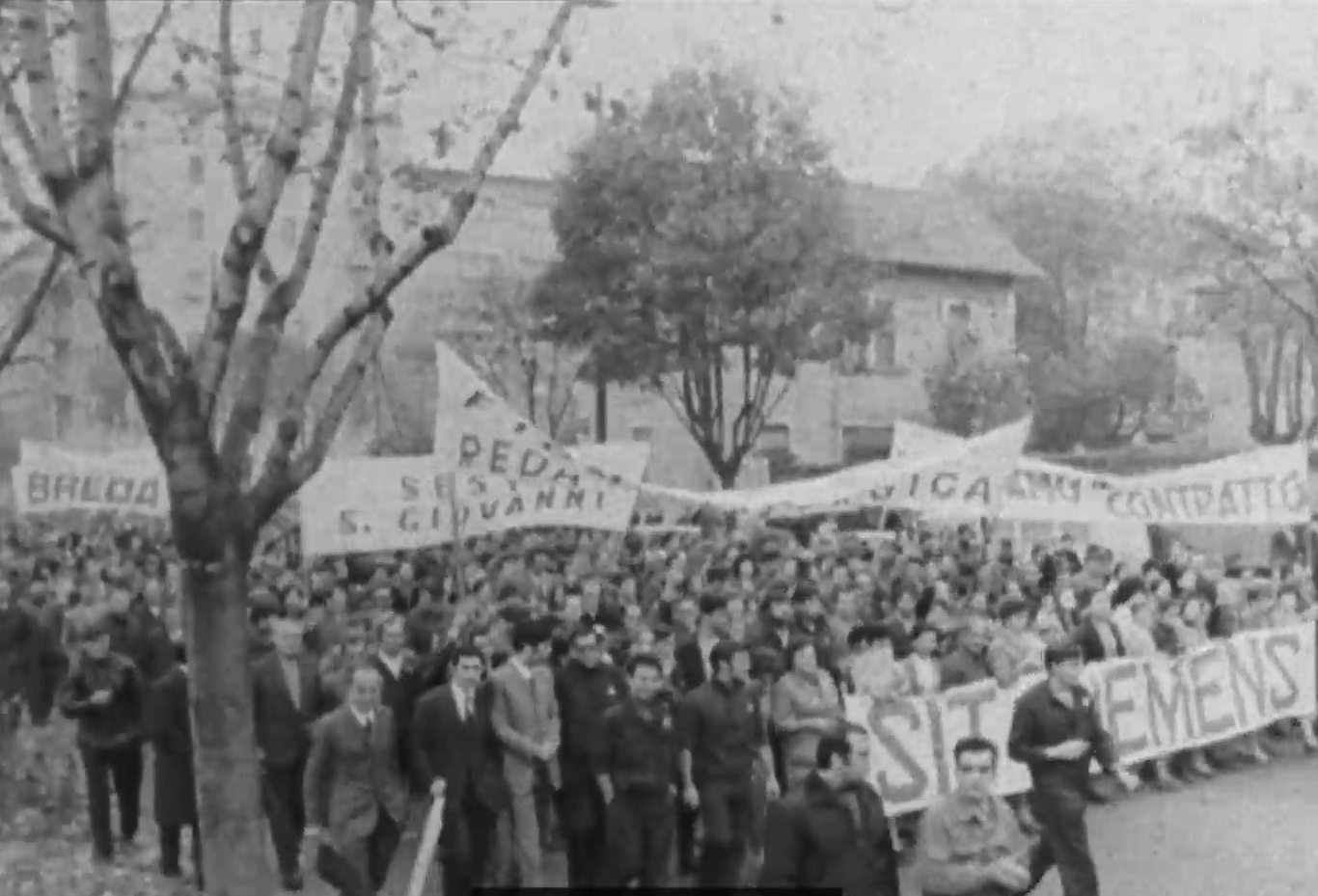
| Acronyms | |
|---|---|
| amer. | American English |
| b/w | Black and white |
| OV | Original version |
| SUB | Subtitles |
| +SUB | electronic live subtitling (below the image) |
| INT | Intertitles |
| Countries | |
|---|---|
| AT | Austria |
| FRG | Federal Republic of Germany (historic) |
| BLR | Belarus |
| DE | Germany |
| CAN | Canada |
| GDR | German Democratic Republic (historic) |
| EGY | Egypt |
| FR | France |
| GB | Great Britain |
| URY | Uruguay |
| BRA | Brasil |
| SWE | Sweden |
| UKR | Ukraine |
| PL | Poland |
| IDN | Indonesia |
| PRT | Portugal |
| HRV | Croatia |
| ECU | Ecuador |
| HUN | Hungary |
| AUS | Australia |
| IT | Italy |
| MEX | Mexico |
| IND | India |
FRG 1982 | Director: Barbara Schönfeldt | Camera: Gisela Tuchtenhagen | Editing: Ingrid Lichtenfeld | Sound: Eva Krüger | Production Manager: Claus Trollmann | Editor: Michael Krey | Production: Norddeutscher Rundfunk (NDR) | Colour | DCP | 29 min | german, turkish OV | NDR One Gate
The numerous television programmes in which Gisela Tuchtenhagen participated (some of which cannot currently be shown for legal reasons) are mostly united by their feminist theme. The NDR programme WHAT DO WE KNOW ABOUT THEM? provides insight into the work of a Turkish women's group at the second Hamburg Women's Week, a political education programme organised by the Hamburg University of Economics and Politics under the motto "Women learning together". The programme, the first to be produced by an all-female television team, impressively documents the suspicion and Islamophobic clichés faced by women of Turkish origin in the West German women's movement, attempting to break down prejudices and fight discrimination. (Fiona Berg, Zeughauskino, 2022)
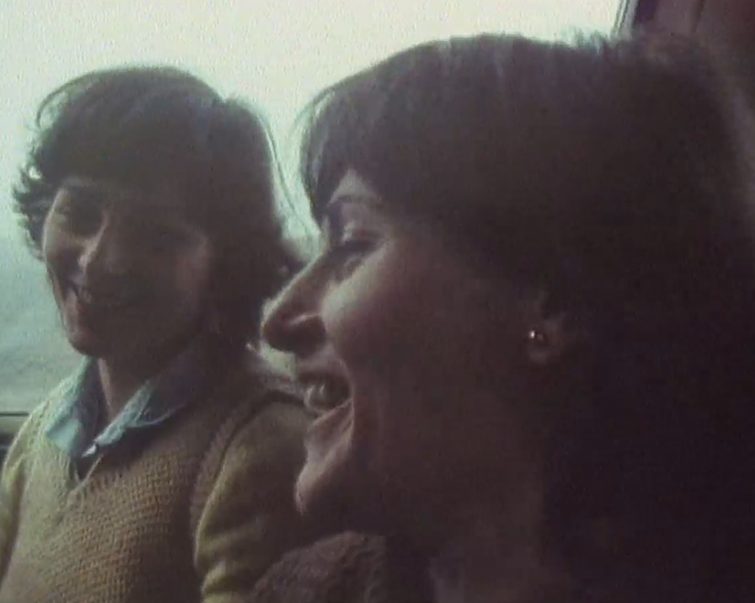
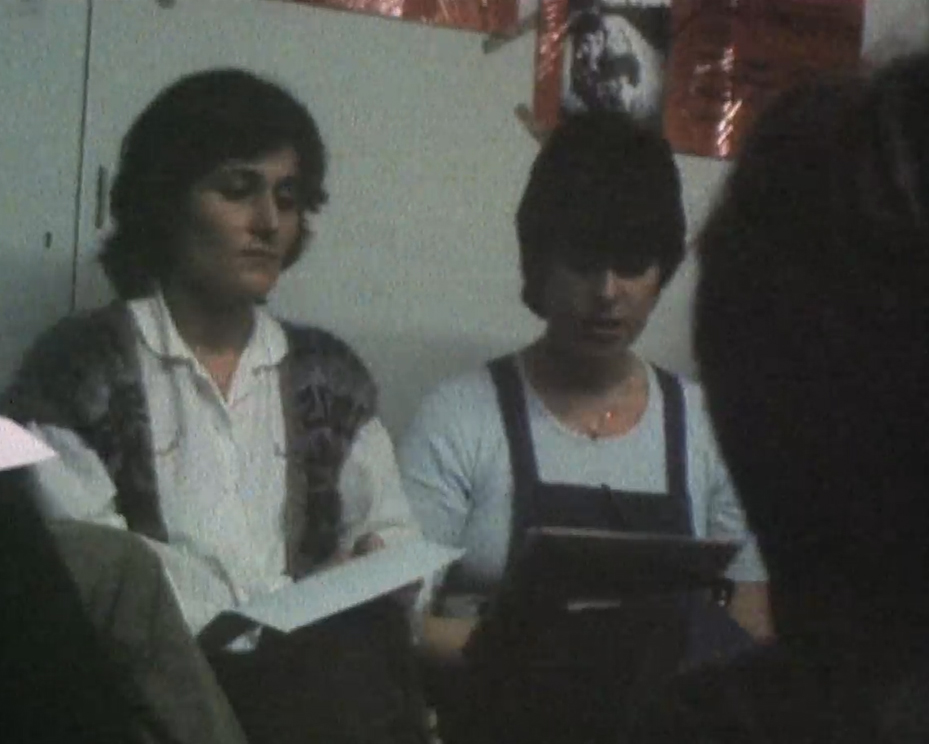
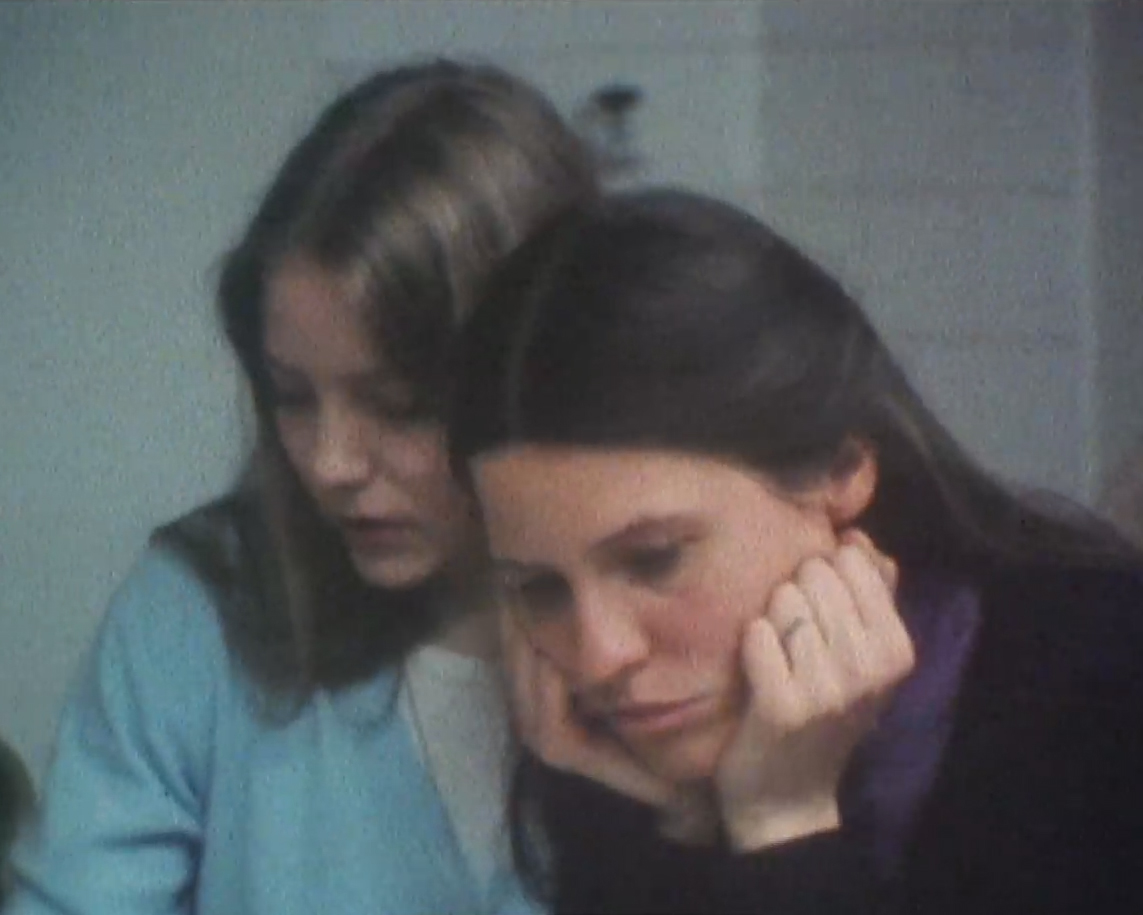
| Acronyms | |
|---|---|
| amer. | American English |
| b/w | Black and white |
| OV | Original version |
| SUB | Subtitles |
| +SUB | electronic live subtitling (below the image) |
| INT | Intertitles |
| Countries | |
|---|---|
| AT | Austria |
| FRG | Federal Republic of Germany (historic) |
| BLR | Belarus |
| DE | Germany |
| CAN | Canada |
| GDR | German Democratic Republic (historic) |
| EGY | Egypt |
| FR | France |
| GB | Great Britain |
| URY | Uruguay |
| BRA | Brasil |
| SWE | Sweden |
| UKR | Ukraine |
| PL | Poland |
| IDN | Indonesia |
| PRT | Portugal |
| HRV | Croatia |
| ECU | Ecuador |
| HUN | Hungary |
| AUS | Australia |
| IT | Italy |
| MEX | Mexico |
| IND | India |






